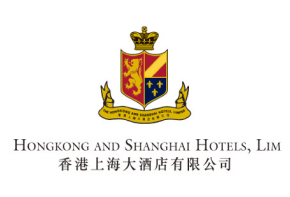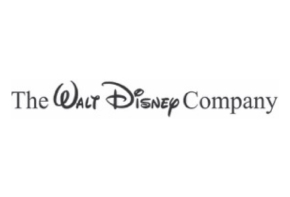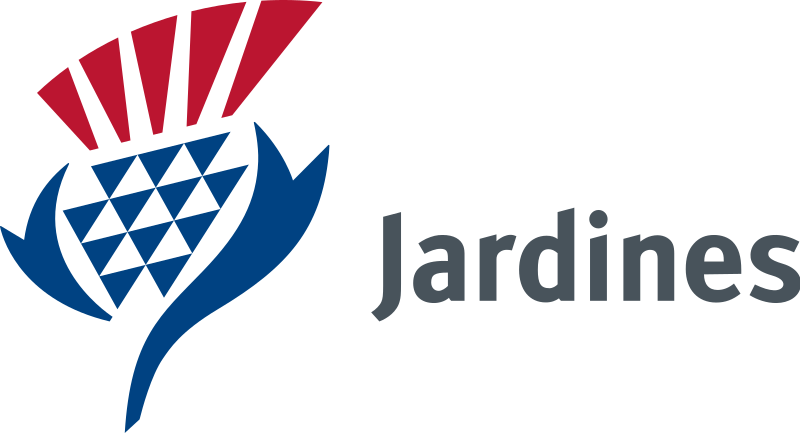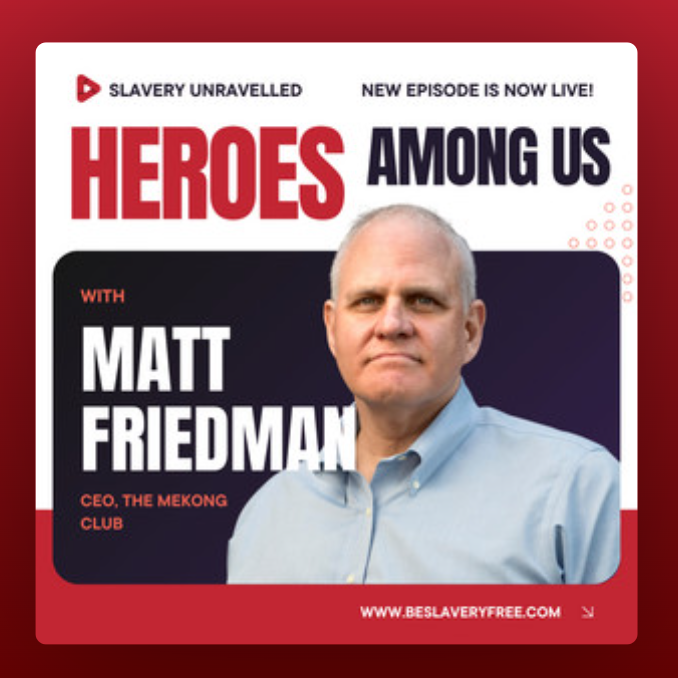Tackle Modern Slavery in the Fishing Industry
The demand for low-cost seafood products and consumers’ limited awareness of modern slavery fuels exploitative practices in fisheries. The lack of regulations in the fishing industry enables human trafficking and forced labour to spread across borders.
The Mekong Club works with businesses to create sustainable approaches to end modern slavery. Companies join our community to benefit from anti-slavery toolkits, consultations and support in developing ethical practices.
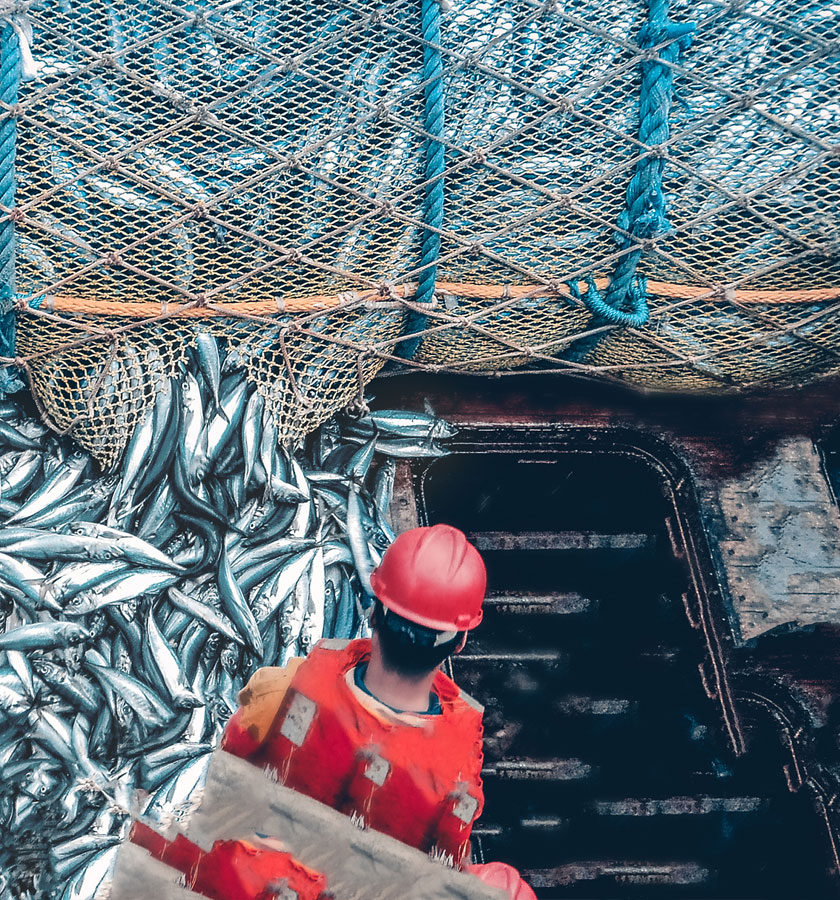
Work with the Mekong Club to make a difference
-
1
Access to industry expertise and best practices
-
2
Collaborate with a global network of professionals
-
3
Reduce the risk of modern slavery in your business through training
-
4
Exceed ethical and sustainability targets
-
5
Become a leader in anti-slavery
Mekong Club Members
The hidden crisis: forced labour at sea
The backbone of the fishing industry is the labour force that toils on fishing vessels, processing plants, and throughout the supply chain. These individuals come from diverse backgrounds and often find themselves trapped in horrific conditions.
Many workers are lured with false promises of decent wages and working conditions but discover the grim reality once onboard. Isolated at sea for months, workers cannot escape, and communication with the outside world is restricted.
Physical and psychological abuse is the norm with the combination of long hours, lack of rest and poor food and medical care. Workers are also at risk of debt bondage due to high recruitment fees.
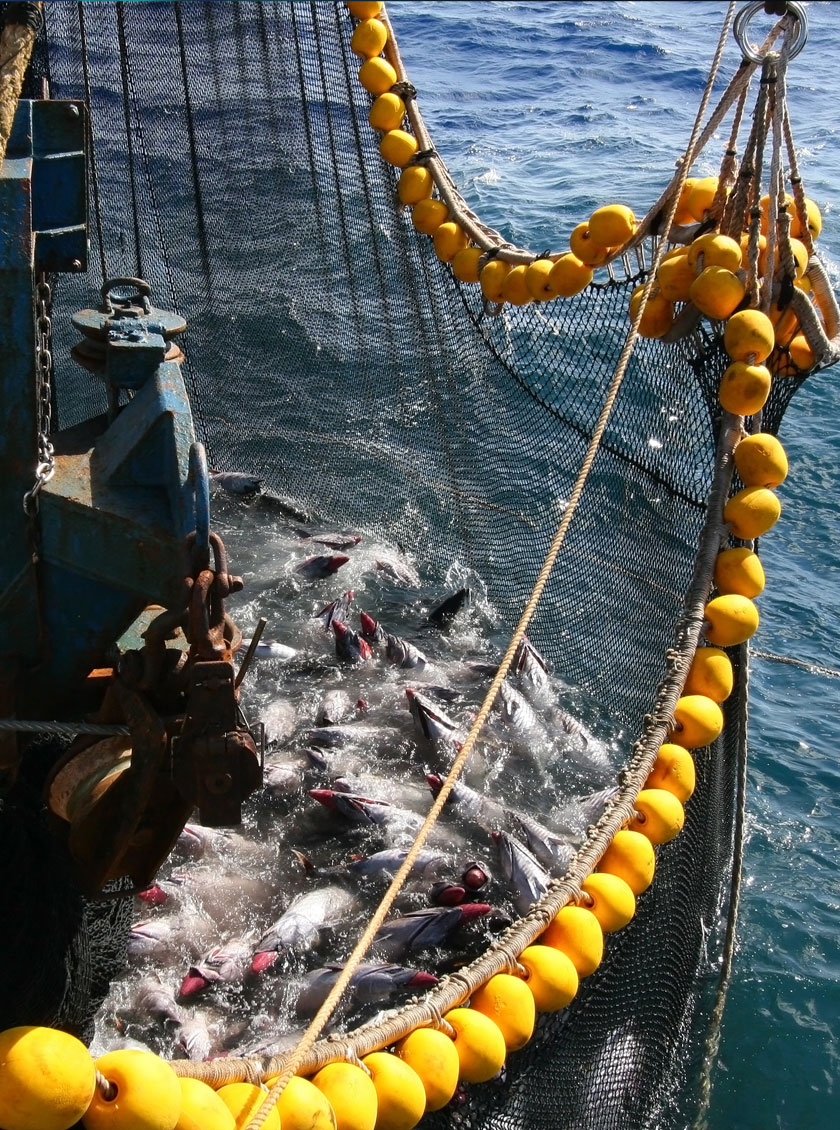
Sailing into darkness: human trafficking in the fishing industry
Modern slavery in fisheries frequently involves human trafficking – a violation of human rights. Workers can be trafficked across borders, subjected to fraudulent recruitment, and forced into labour against their will, amongst other forms of exploitation.
To keep the cost of seafood down, fisheries seek cheap labour. With no regulations in place for pay or working conditions, many boats set sail with a workforce of trafficked individuals. Fish processing factories also use forced labour in assembly chains. Key decision-makers in the industry are so far removed from the supply chain that human trafficking goes undetected.
Mekong Club has developed an assessment to deep dive into your working practices. Find out how you score in your anti-slavery strategies against industry standards through our confidential self-assessment.
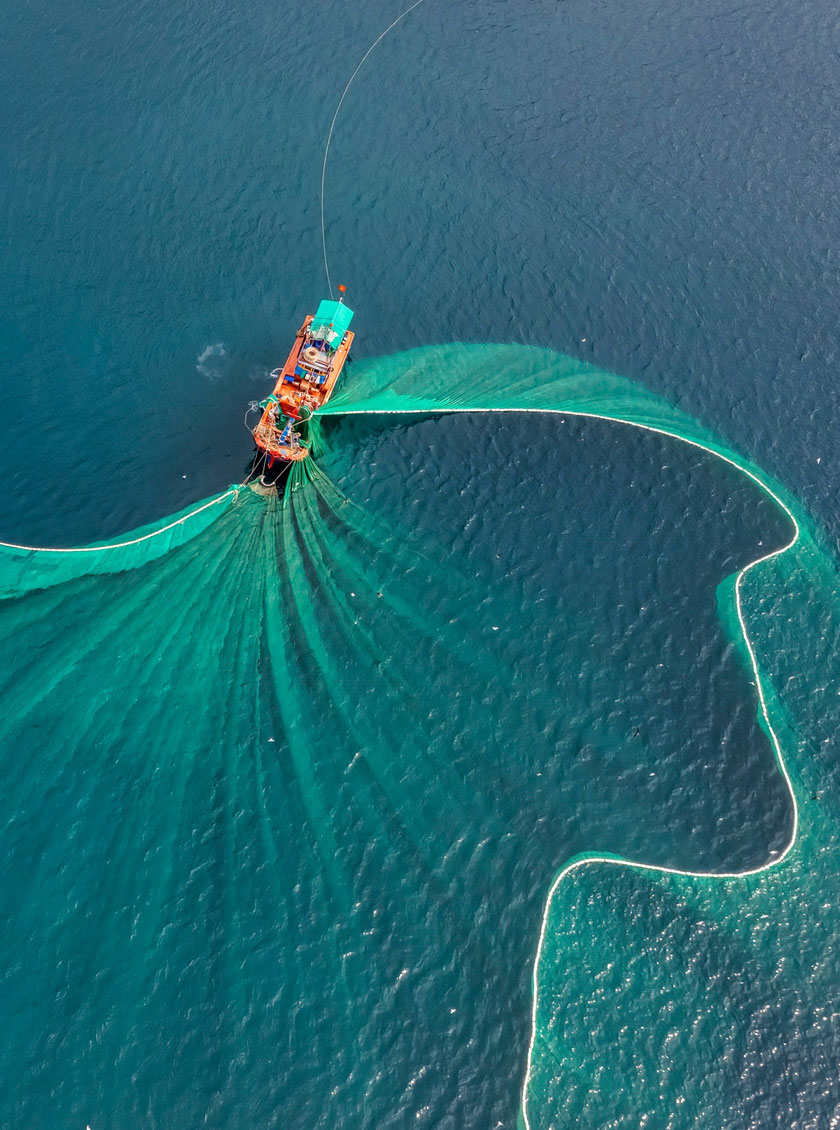
Beneath the surface: challenges in the fishing industry
Human trafficking in the fishing industry knows no borders. The vastness of the oceans and the complexity of the global seafood supply chain make it challenging to detect and tackle modern slavery.
1. Hidden labour abuses
Modern slavery often occurs on remote vessels, so it’s difficult to monitor and regulate working conditions. Many workers are isolated at sea for extended periods, making it easier for unscrupulous employers to exploit them without detection.
2. Lack of regulation and enforcement
In some regions, effective regulation and enforcement of labour standards in the fishing sector are lacking. This creates an environment where modern slavery can thrive as employers may not face consequences for abusive practices.
3. Complex supply chains
The global nature of the fishing industry results in complex supply chains with multiple intermediaries, making it challenging to trace the origin of seafood products. This opacity in supply chains enables the exploitation of workers in the production process.
4. Vulnerable workforce
Many fishing sector workers are migrant workers and lack legal documents when working overseas. This vulnerability makes them easy targets for human traffickers and employers exploiting their desperate circumstances.
5. Inadequate worker protections
Inadequate legal protections for fishing industry workers, both domestic and foreign, can contribute to modern slavery. This includes inadequate labour laws, weak or corrupt law enforcement, and limited access to legal recourse for victims.
The Mekong Club has free tools and resources to help you address these challenges and exclusive tools for members.
The Seafood Industry’s Responsibility
As a major global player in the food supply chain, the seafood industry has a large responsibility to address modern slavery. Some steps businesses can take include:
1. Supply chain traceability
Thoroughly vet suppliers and question their labour practices. If the supplier doesn’t follow regulated standards, you cannot be confident that they are ethically responsible. Improve the tracking of seafood products by implementing traceability systems. This will help to identify and address potential issues.
2. Prioritise worker welfare in your supply chain
Ensures employees and workers are paid fair wages that allow them to have good living standards. Maintain safe working conditions, use safe equipment, and provide detailed training and access to medical care.
3. Comply with ethical standards
Regularly conduct inspections of facilities and vessels to spot and tackle potential forced labour. Actively seek certifications that verify ethical practices such as the Fair Trade label for seafood.
4. Collaborate with governments & advocacy groups
Stakeholders must get behind the cause and actively push for change to show that they take ethical practices seriously. Seafood retailers should advocate for tighter regulations to protect workers and collaborate with other businesses to improve operations within the industry.
5. Consumer education
Participate in transparency initiatives that inform consumers about the ethical practices of seafood organisations. Encourage consumers to question the origins of their food and consider the people involved in getting the products to their plate.
Mekong Club can help you become more responsible in your practices. Become a member today.
How you can make a difference
The effects of modern slavery spread further than the workers that fall victim to human traffickers. Exploitative methods drain the economy, and businesses will face reputational damage if unethical practices are uncovered.
Tackling the issue of modern slavery head on will improve stakeholder confidence and benefit everyone involved.
Mekong Club has a community of like-minded businesses in the fishing sector that can support you in your transition to more concrete processes.
Latest News & Events
FAQs
-
Are modern slavery and human trafficking the only risks to the fishing industry?
-
Why are fisheries vulnerable to modern slavery?
-
How do you assess modern slavery?
-
How can we assess the impact of our anti-slavery initiatives?
-
How much does it cost to become a member of the Mekong Club?
-
How often will I hear from the Mekong Club?

